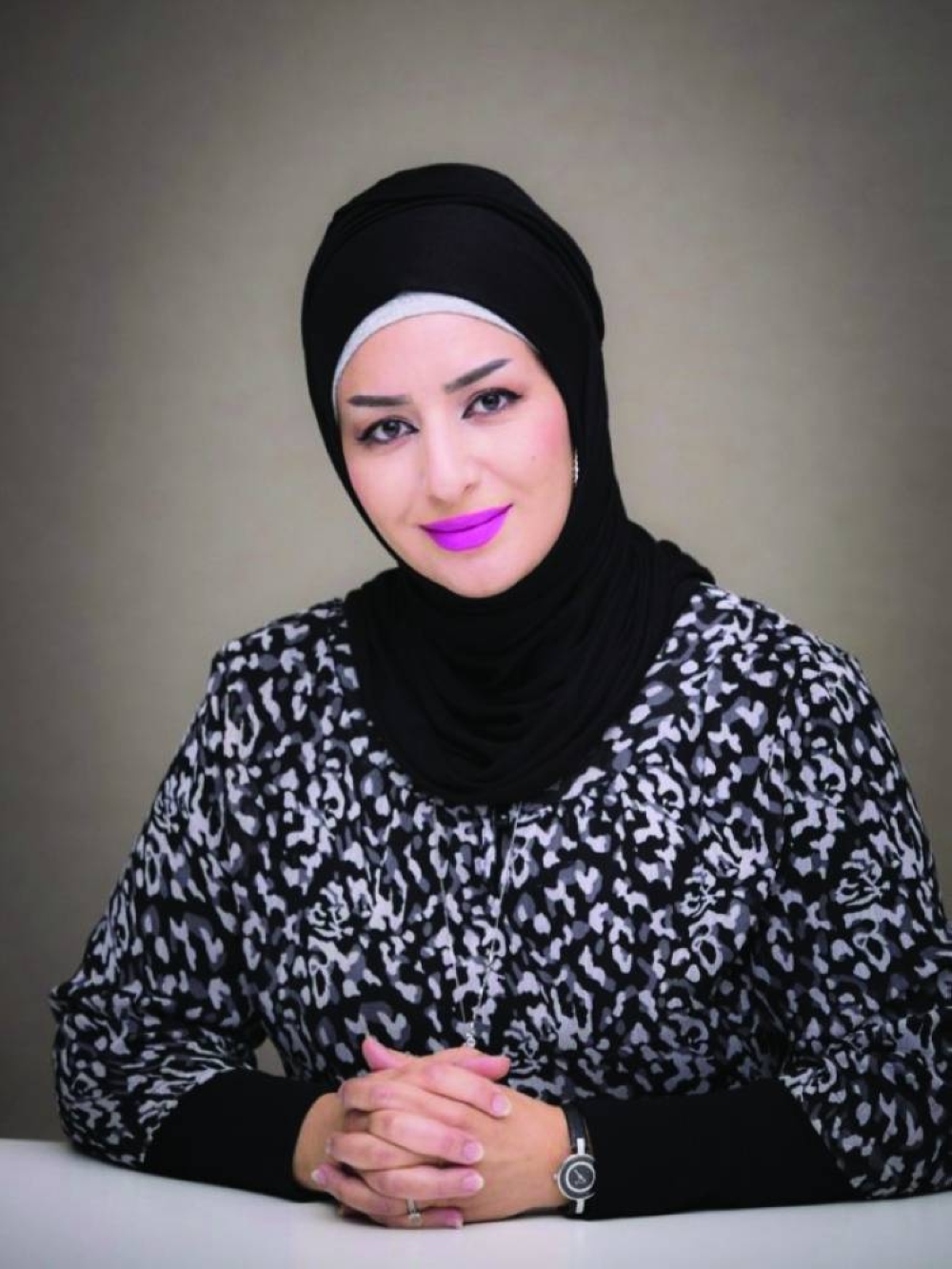Qatar Foundation (QF) is promoting and preserving the Arabic language by publishing research in globally indexed journals on QScience.com – an online platform hosted by Hamad Bin Khalifa University Press (HBKU Press).
“There are many scholars in the region who are not bilingual, whose disciplines are taught in Arabic and whose research and scholarly writings are mainly in their mother tongue,” explained, Dr Rima Isaifan, head of academic and journals publishing at HBKU Press in an article published on QF website.
Dr Isaifan has spearheaded the establishment of several bilingual research journals, as well as one Arabic-only journal – the Arabian Journal of Scientific Research (AJSR) in partnership with the Arab Scientific Community Organisation–on QScience.com.
“We created Arabic academic journals to cater to Arab researchers in the region whose research is published in Arabic in full. HBKU Press then develops the title and abstract into English to have it globally indexed and accessed by anyone around the world. By following universal academic publishing standards and providing the opportunity to publish in one’s native language, we’re allowing Arab research from the Mena and Gulf region to transcend national boundaries and enhance research impact.”
Dr Isaifan is a pioneer in the promotion of the Arabic scientific language. She stated that continuously developing and preserving the Arabic scientific lexicon is a top priority. “We emphasise the use of scientific terminology with the correct context that reflects the meaning in the Arabic language. This does not mean we translate work, rather we develop to and from the original language to ensure comprehension. In this way we are constantly promoting, preserving, and developing scientific Arabic language terms to the highest standard.”
Dr Hussain Aziz Saleh, a professor at Damascus University and the former general director of Higher Commission for Scientific Research in Syria, chose to publish with HBKU Press in the AJSR for these very reasons. “I was keen to publish with HBKU Press because AJSR has become a leading journal since its establishment and it forms the basis for a database in the Arabic language that Arab researchers desperately need,” he said. Prof Saleh explained how, even during the development of abstracts into or from Arabic, attention is given to finding the proper word choice to contextualise the implied meaning by the researcher for the reader.
“Think of the term ‘smart city’ which if you translate literally, the term in Arabic is more akin to ‘clever city’ which belies the intended meaning. Smartness means how ingenuity can be used positively to deal with intractable problems in an effective and efficient manner, and this is the main goal of the smart city. When academic publishers rely on literal translations, they are not providing clarity and context – the cornerstones of good research.
“The work that HBKU Press is doing in terms of Arabic research and protecting the Arabic scientific lexicon is extremely important, it facilitates the method of scientific communication and cooperation between all scientific and service agencies in the Arab countries.”
Executive director of HBKU Press, Bachar Chebaro added: “Translating text effectively means we are communicating the meaning and intent of the original writing. While we are committed to this through our development of works of fiction and non-fiction to and from Arabic at the highest standard, we are committed to the same standards in the academic field in terms of scientific language preservation, development, and promotion as well.”

Dr Rima Isaifan
